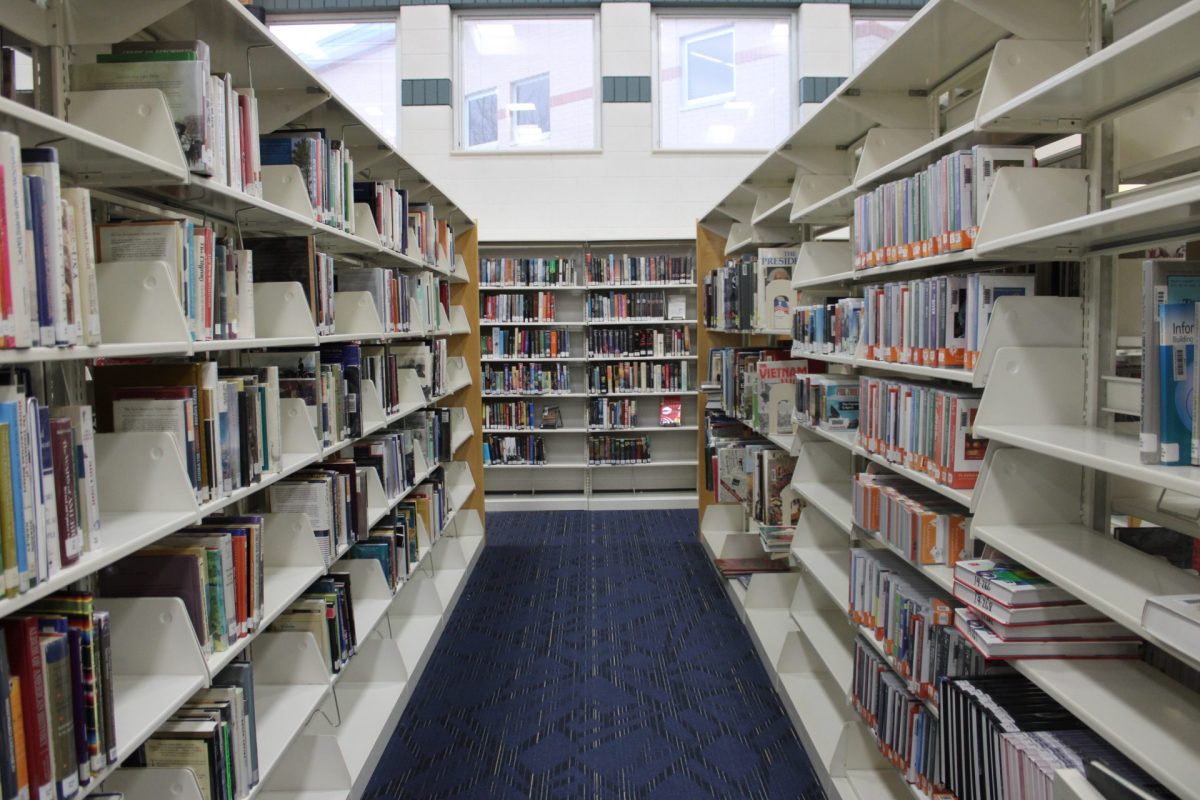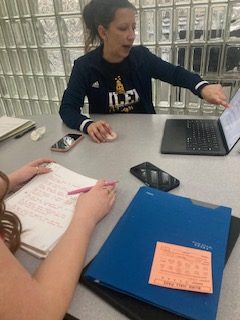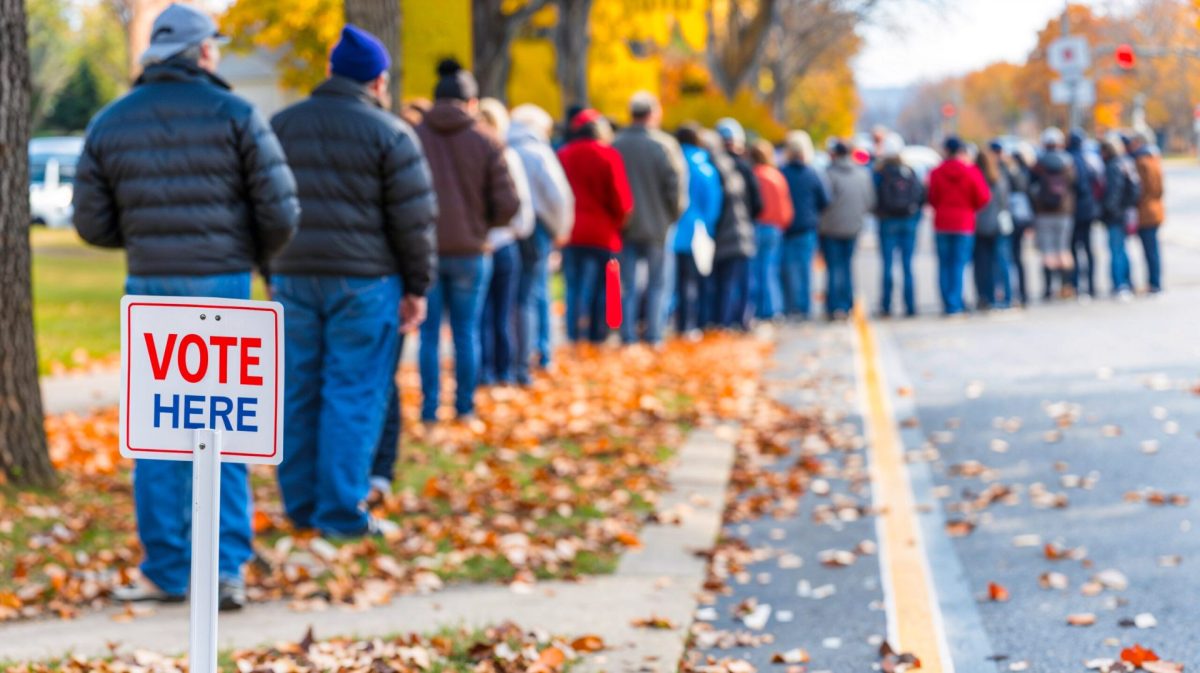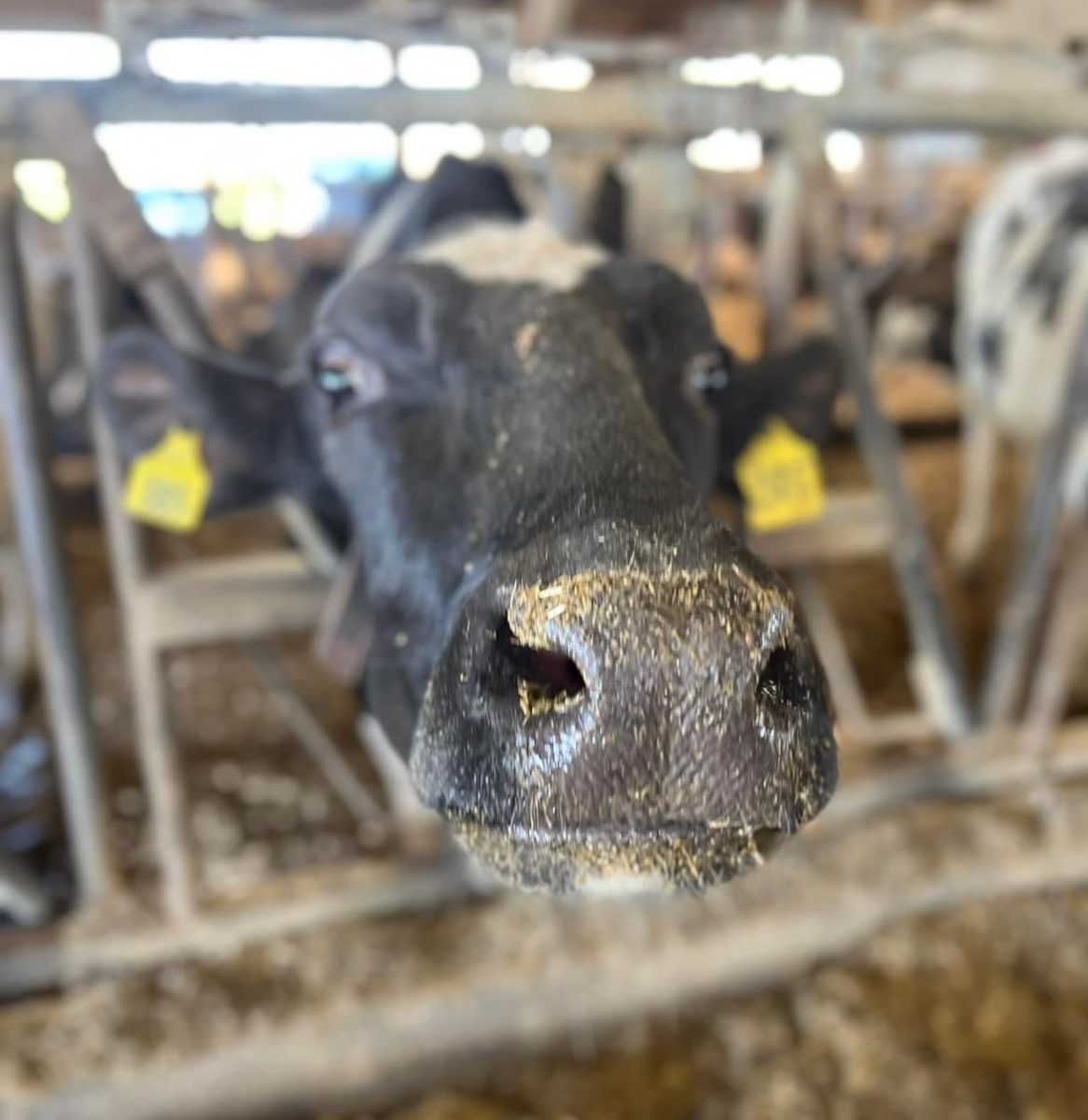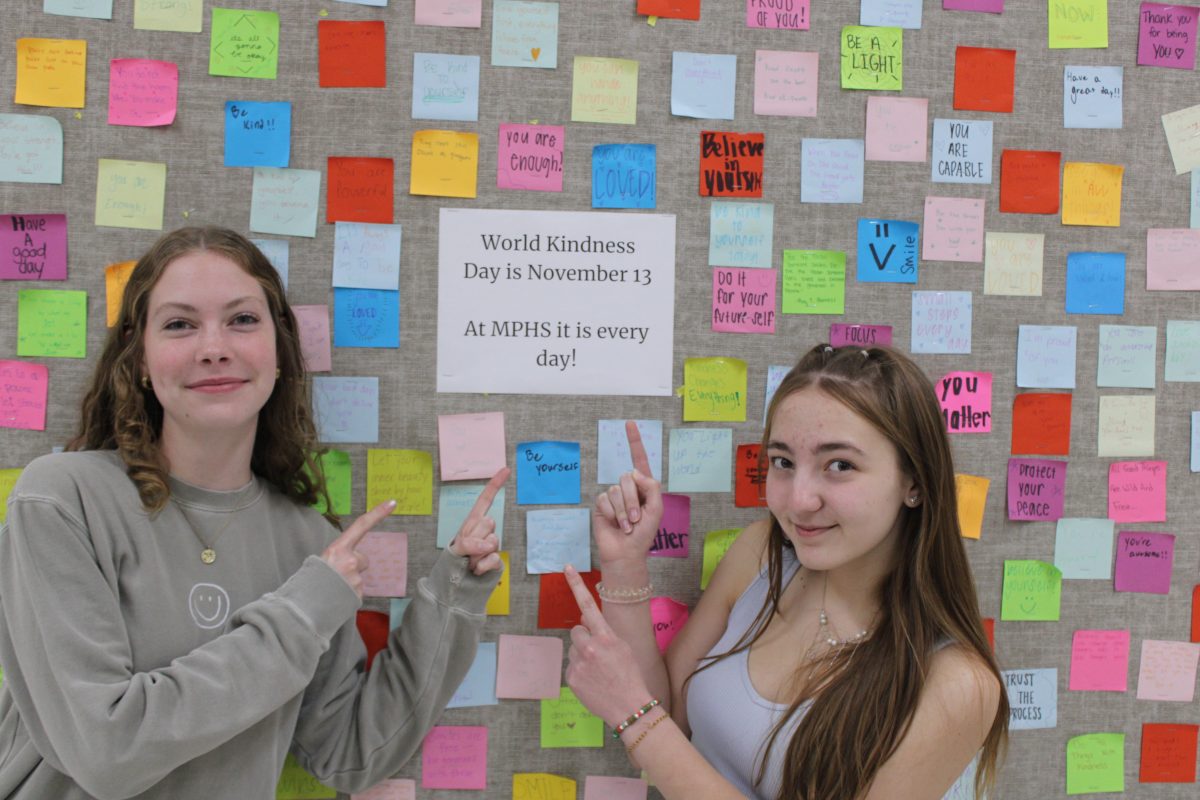Many books have been banned in schools throughout America for various reasons. The main reasons are sexual content (92.5% of books on the list), offensive language (61.5%), religious viewpoints (26%), LGBTQAI+ content (23.5%), racism (16.5%), and violence (16.5%). The majority of book bans have taken place in Florida, with 3,135 book bans throughout its 11 school districts. There are few states with no book bans at all; these states are Montana, Nevada, Arizona, New Mexico, Alabama, Delaware, and Connecticut.
The American Library Association is a major organization fighting against book bans. On their website; ala.org, they speak on the Unite Against Book Bans saying; “Unite Against Book Bans is a national initiative to empower readers everywhere to stand together in the fight against censorship.” The American Library Association is “defending the right to read”, giving resources to individuals to report censorship and help defend libraries against banning and unnecessary censorship of important literature. How are people fighting against these book bans? Many organizations and activists are spreading awareness about this topic through many different forms such as news outlets and social media.
PEN America, one of the organizations against the book ban movement is spreading awareness through their team of journalists and determined employees. On their website; pen.org, they inform of ways to fight against book bans. Some of their thoughts are: 1. Defend the Freedom to Read and Fight Against Censorship, 2. Support Organizations That Defend Readers and Writers, and 3. Vote Locally. For more information and ideas to stop book bans throughout America, go to pen.org/book-bans.
So, how are these bans affecting students in school districts throughout America? Many classic novels such as The Perks of Being a Wallflower, The Color Purple, and The Hate U Give have been staples in schools. Novels and Picture books are being banned or “challenged” by many parents in schools across America, preventing many students from gaining new knowledge and understanding of writer’s thoughts and cultures through these books. Along with book bans shortening student’s knowledge of other cultures in the world, they can also limit the perspectives that young readers have access to, which can narrow their worldview.
Many book bans come to be because many parents believe that the content of the books is “immoral” or against their beliefs. Parents come to school administrators with their concerns and often, those concerns will be acted upon and those books will be challenged and often, taken out of schools. Although it is reasonable to be concerned that your child may be reading inappropriate content, many books that have been challenged have been part of English class curriculums and school libraries for many years, and the banning of these books uproots much of what many teachers learned and have known for much of their careers. A Freshman at MPHS states “A lot of books that get banned are only being banned because the person who wrote the book has different beliefs than whoever is asking to ban them.” Many believe book bans are rooted in discrimination such as homophobia or racism. That may be the case but, in many cases, the book ban will be defended with the case of the books simply being inappropriate for students to read in schools.
Of course, a large argument against book bans is the idea that banning books can violate the right to free speech. Jonathan Friedman, the director of free expression and education programs at PEN America, stressed that in our society, “the loss of First Amendment rights, even minimally, is injurious.” Free speech rights and book bans can go hand in hand, banning these books can also be seen as silencing or diminishing the voice of authors. The right to speak and the right to publish under the First Amendment has been interpreted widely to protect individuals and society from government attempts to suppress ideas and information and to forbid government censorship of books and magazines.
The book ban pandemic is truly impacting students of all ages. Many books that are being banned have been in classrooms across America for years but are suddenly being taken away and disapproved of. The surge in book bans can be seen as schools of America giving in to parent and student pressure, silencing authors, and taking away from students’ literary portals into another world that they may not be able to experience without these books. The fight against book bans is only beginning, and you can help be a part of stopping book bans by finding nonprofits and organizations such as PEN America and the American Library Association.
Silencing Stories
The Impact of Book Bans on American Culture
Categories:
Amelia Russell, Pipeline Journalist
February 11, 2025
0
Donate to The Pipeline
Your donation will support the student journalists of Mt. Pleasant High School. Your contribution will allow us to purchase equipment and cover our annual website hosting costs.
More to Discover

